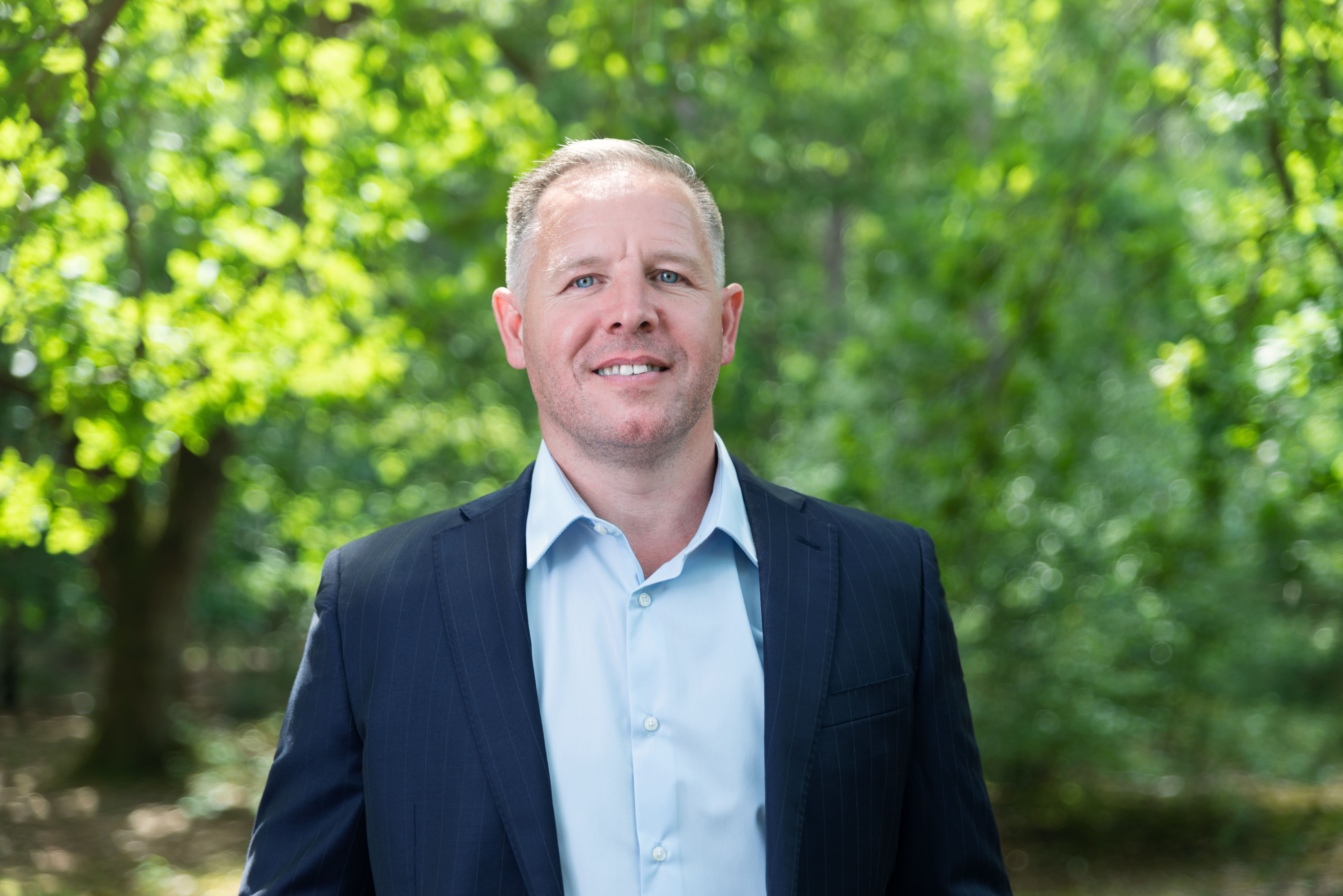Beyond Doctors and Nurses: 15 Essential Roles in Healthcare
Image via DALL-E
When you think of healthcare, who comes to mind? Chances are, it’s doctors and nurses. While these roles are indeed crucial, they’re only part of the story. The truth is, healthcare relies on an entire team of experts behind the scenes, making sure everything runs smoothly—from diagnosing illnesses to keeping facilities clean. Let’s get into some of the lesser-known but absolutely essential roles that keep healthcare moving. You might be surprised at just how varied this world really is.
1. Pharmacists – Medication Guides You Can Trust
You probably picture pharmacists just handing out prescriptions, right? Well, this is one of those roles in the medical profession that go way beyond initial impressions. Pharmacists are the medication experts of the healthcare system, advising both doctors and patients on safe and effective drug use. They’re the ones making sure there are no dangerous interactions, adjusting doses, and keeping up with the latest in pharmaceutical care. When it comes to your meds, these are the pros making sure they’re right for you.
2. Radiologic Technologists – Masters of Medical Imaging
Radiologic technologists are the experts who operate MRI machines, CT scanners, and X-ray equipment. But it’s not as simple as pressing a button—they’re highly trained to position patients just right, interpret complex imaging Technology, and deliver precise results that doctors rely on for accurate diagnoses. If you’ve ever had an X-ray or an MRI, you know how important it is to get those images just right, and that’s all thanks to these specialists.
3. Laboratory Technicians – Unseen Heroes of Diagnosis
Did you know lab technicians are behind every blood test, biopsy, and analysis? They’re the ones examining your samples and hunting for clues that reveal what’s going on in your body. Their findings are critical for diagnosing diseases and guiding treatments, so while you might never meet a lab tech, you can bet their work impacts your healthcare experience more than you realise.
4. Occupational Therapists – The Champions of Independence**
Occupational therapists (OTs) work with patients facing physical, developmental, or cognitive challenges, helping them adapt and find new ways to thrive. Whether it’s teaching someone to dress themselves again after an injury or adapting a workspace to make daily tasks easier, OTs are all about helping people live more independently. Their approach isn’t just practical—it’s empowering.
5. Respiratory Therapists – Breathing Specialists**
If breathing is something you don’t think twice about, thank your lucky stars. For many, it’s a daily struggle. Respiratory therapists work with patients suffering from conditions like asthma, COPD, and even COVID-19, helping them breathe easier and manage symptoms. Whether they’re in the ER, ICU, or outpatient care, these specialists provide treatments and support that can make all the difference for those with respiratory issues.
6. Dietitians and Nutritionists – Food Meets Function**
Dietitians and nutritionists know that food isn’t just fuel—it’s medicine. They work with patients to develop personalised nutrition plans that support health, manage chronic illnesses, and even prevent disease. Whether they’re creating a meal plan for someone with Diabetes or helping a patient manage allergies, dietitians ensure that what people eat helps them get and stay healthy.
7. Medical Social Workers – Navigators of the Health Journey
Medical social workers offer emotional and logistical support to patients and their families. Healthcare can be overwhelming, especially when dealing with serious illnesses or complex treatment plans. These social workers help patients navigate the maze, connecting them to resources, explaining options, and just being there during difficult times. They’re the people who make sure patients aren’t facing it all alone.
8. Speech-Language Pathologists – Communication Restorers
Speech-language pathologists (SLPs) work with patients who have speech, language, or swallowing difficulties. This might sound niche, but for someone who’s had a Stroke or a traumatic injury, these therapists are game-changers. They help patients regain their ability to communicate and swallow, improving both independence and quality of life.
9. Physical Therapists – Movement and Recovery Experts
Whether you’re recovering from surgery, an injury, or simply aiming to increase mobility, physical therapists are there to help you move again. They create targeted exercises and treatment plans, helping patients manage pain, regain strength, and improve physical function. PTs are all about getting you back on your feet, literally and figuratively.
10. Health Information Technologists – The Guardians of Your Data
Ever wondered how healthcare facilities handle all that sensitive patient data? Health information technologists manage it, ensuring records are secure, accurate, and accessible when needed. They work with sophisticated technology and strict regulations to keep patient information safe, making sure doctors have what they need at the click of a button without compromising privacy.
11. Clinical Psychologists – Mental Health Allies
Mental Health is a huge part of healthcare, and clinical psychologists are there to support patients facing Stress, Anxiety, or Trauma. Whether they’re working with patients to manage chronic pain or providing counselling for mental health conditions, these psychologists play a key role in whole-person healthcare.
12. Medical Assistants – Healthcare’s Multitaskers
Medical assistants are the ultimate support staff, handling both clinical and administrative tasks. They check your vitals, schedule appointments, update medical records, and keep the wheels turning so doctors and nurses can focus on care. They’re essential for making sure each patient’s visit runs smoothly.
13. Emergency Medical Technicians (EMTs) – First Responders in Action
EMTs are often the first healthcare professionals on the scene in emergencies. They provide critical pre-hospital care, assessing and stabilising patients before they reach the ER. Their quick thinking and skills save lives every day, making them an invaluable part of any healthcare system.
14. Biomedical Engineers – Innovators in Healthcare Tech
Biomedical engineers design and develop medical devices, from prosthetic limbs to imaging machines. They’re the minds behind the technology that helps save lives, working to improve everything from artificial organs to diagnostic tools. Without biomedical engineers, healthcare wouldn’t have nearly the same level of Innovation and efficiency we see today.
15. Infection Control Specialists – Safety Patrol
Keeping healthcare environments safe and infection-free is no small task. Infection control specialists create protocols to minimise infection risks, from sterilisation processes to hygiene standards.
A Hidden Network of Healthcare Heroes
Healthcare is a well-oiled machine, thanks to the countless roles that support doctors and nurses. From the dietitians ensuring we get the right nutrition to the lab techs analysing our blood work, these professionals make healthcare what it is: a team effort. So next time you think about healthcare, remember—it’s far more than just doctors and nurses. It’s a network of skilled individuals dedicated to helping us live healthier, fuller lives.
Subscribe to our newsletter and explore insightful conversations on workplace culture, Burnout, and leadership at the Breakfast Leadership Network, ranked in the top 20 globally. Join us to thrive in the modern work environment.
Please stay connected with us. Check out the Breakfast Leadership Show Podcast for more insights and valuable content. Join our podcast and get inspired by top industry leaders’ leadership lessons and success stories.
Originally Published on https://www.breakfastleadership.com/
























